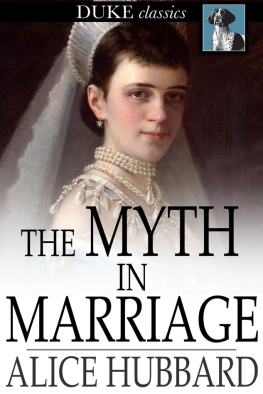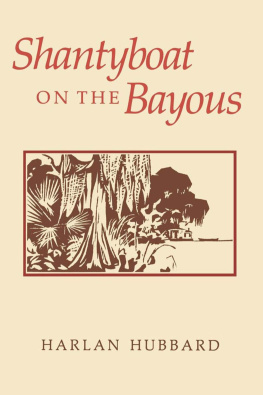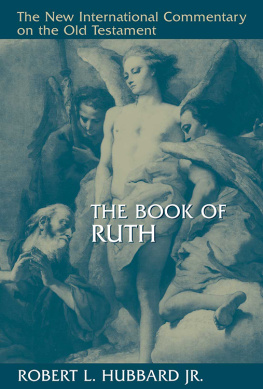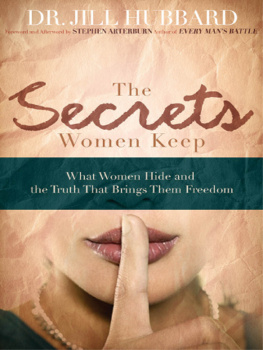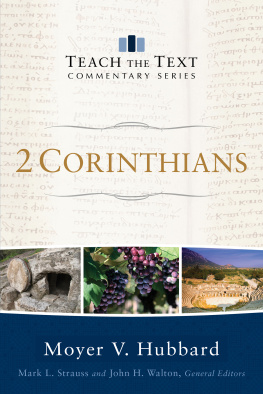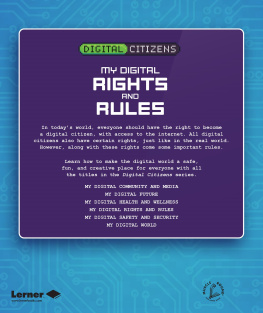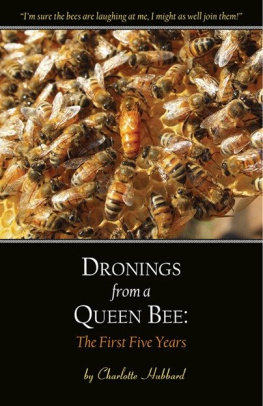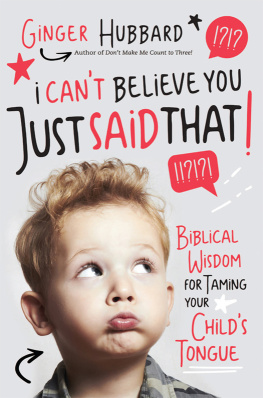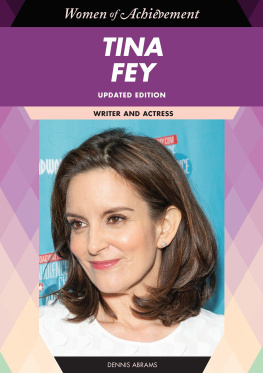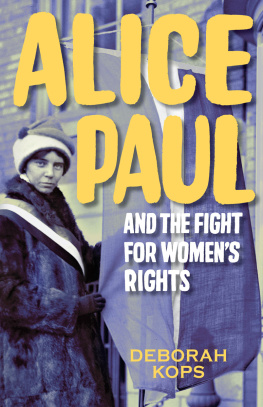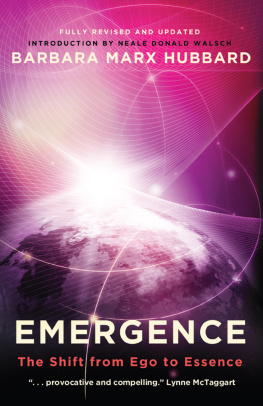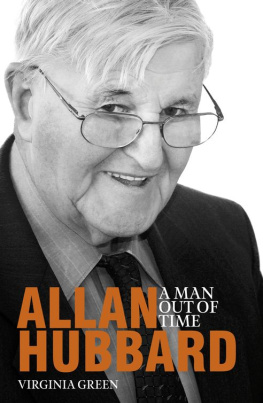THE MYTH IN MARRIAGE
* * *
ALICE HUBBARD
*
The Myth in Marriage
First published in 1912
ISBN 978-1-62013-400-9
Duke Classics
2013 Duke Classics and its licensors. All rights reserved.
While every effort has been used to ensure the accuracy and reliability of the information contained in this edition, Duke Classics does not assume liability or responsibility for any errors or omissions in this book. Duke Classics does not accept responsibility for loss suffered as a result of reliance upon the accuracy or currency of information contained in this book.
Contents
*
Foreword
*
Marriage is a subject of interest to all adults, and at one time in almostevery life it is the vision that fills the horizon.
To many it is a mirage.
To a few it proves to be the hills from whence cometh their strength. Therising sun of romance tips every blade of grass, every leaf and flower andtwig, with the mystery and miracle of color and perfume.
The noonday light reveals truth that the half-light of the dawn could notshow.
And evening twilight garners all the richness of marriage.
The purpose of this book is to enlighten by bringing into the light of dayexperiences that must come into the lives of women and men.
Alice Hubbard.
The Myth in Marriage
*
There is a time in every man's education when he arrives at the convictionthat he must take himself for better, for worse, as his portion; thatthough the wide universe is full of good, no kernel of nourishing corn cancome to him but through his toil bestowed on that plot of ground which isgiven to him to till.Emerson.
Romance
*
The object of love expands and grows before us to eternity, until it includes all that is lovely, and we become all that can love.Thoreau.
Marriage, although a most common incident in life, is understood as littleas is birth, life and death. People are perpetually ignorant on thesubject, and insist upon remaining in this state until the veil of theirtemple is rent in twain, and their holy of holies has daylight thrown uponit.
Love is a sacred mystery whose secret is as yet locked away from mortals.We recognize a few of its manifestations and dream of its power. Weconnect it in our thoughts with marriage and birth, but we assume itspresence: we do not bring proof.
Love is spirit, and can not be analyzed nor understood.
The most that man can apprehend of it is to know its absence or itspresence. Its most refined manifestations have come to us with thedevelopment of intellect.
There are only a few examples of the manifestation of great love inhistory. So rare are the people capable of its expression that the wholeworld wonders and in awe has said that the Creator is Love.
And lovers have been set apart as belonging to the Great Mystery andrevered in degree as is the Source of Love.
One of the phases of this manifestation in people is the desire to give.The lover withholds nothing from his beloved. There is one desireto giveall. Thus is the mind expanded until it reaches truth never before seen.
Love is the enlightener of the soul. It is the all-seeing eye thatdiscovers the highest possibilities in man. Its eternal desire is tofulfil these.
"I can do no ill, because I could not meet the beloved on terms ofequality if there were any stain upon my soul. My hands and my heart mustbe clean."
Love's longing is to be entirely whole, clean and strong.
Love would never deceive. It is kindred only to truth and good.
All of life is sacred to the lover, and all life is sacred to him.
The lover is not so anxious that the beloved shall be perfect, as that sheherself, he himself, shall be without blemish. Love purifies the lover.Love makes the lover clean.
There is no such thing as unrequited love, for to have loved is all thecompensation there is. The soul asks no more.
There is a sublime dignity in lovea majesty that suggests unlimitedpower.
To love is an individual experience. The object of the love is only themeans to this end of awakening and purification.
When the lover asks aught from the beloved, he has descended from thespiritual estate and begins to haggle and barter. Then it is not love, butbecomes something to buy and sell with.
Love radiates from the individual, as rays of light from its source.
When the lover wants to continue the ecstacy of the experience ofunselfishness, prolong the forgetfulness of his sordid self, he does what?Just the opposite of what will secure for him this Nirvana! He begins todemand. He asks her to be forever near him, she asks him to forever stay,all in faith, believing that the soul-awakener is a person, when theperson has only reminded the soul of an ideal. For a time this personkeeps this ideal living before the soul of the lover.
Elbert Hubbard says, "I love you because you love the things I love."There is a trinity in love. Lovers make the soul to see a similar idealwhich both love.
So long as each asks nothing from the other, makes no demand, this idealmay continue to come before the mind, and remain there while the person ispresent, and return at the thought of the beloved.
The Revelation
*
The gay enchantment was undone, A gentle wife, but fairy none.Emerson.
The ecstacy of feeling the presence of the ideal may continue for manymeetings and partings, until the lovers believe that each is responsiblefor the beautiful ideal that is theirs.
They arrange to live permanently in each other's presence.
But this living together has induced a thousand conditions that hadnothing whatever to do with the ecstacy of the soul.
Young people do not realize how much economics has to do with every-dayliving until they are face to face with every-day life.
Earning money, the drudgery in housework, the personal habits of theindividuals, intimate tastes and prejudices, are all foreign to theawakening of ideals in the soul. The beloved, who was once an angel,becomes a wife, a weaver, a worker, a plain human being, subject to theshortcomings and ignorance that other human beings have.
And the lover, who is also beloved, becomes a husband, an earner of money,in competition with other workers, subject to irritation, weariness,discouragements, human failings.
The human qualities, the frailties and shortcomings, do not inspire thesoul to high ideals. And each looks across the impassable gulf of thebreakfast-table and wonders why they "introduced into their lives a spy."
"Where is the ideal I was to dwell with?"
"Where is the ideal that was to abide with me?"
Their souls are wrenched in anguish.
Facts
*
You must stand up straight and put a name upon your actions.Stevenson.
The business in marriage requires commonsense about ninety-nine per cent.
There is usually less romance in marriage than in any other relationshipof life.
But the general idea concerning marriage is that it is all or nearly allromance.
There is no other business partnership so intimate and complex as that inmarriage.
And this partnership is entered into, the legal papers are drawn,witnesses to the transaction are called, and a life agreement is madewithout thought, discussion or an agreement concerning the business partof this partnership.
Emphasis has been placed only upon the love, the part of the contractwhich mortals can not control.

